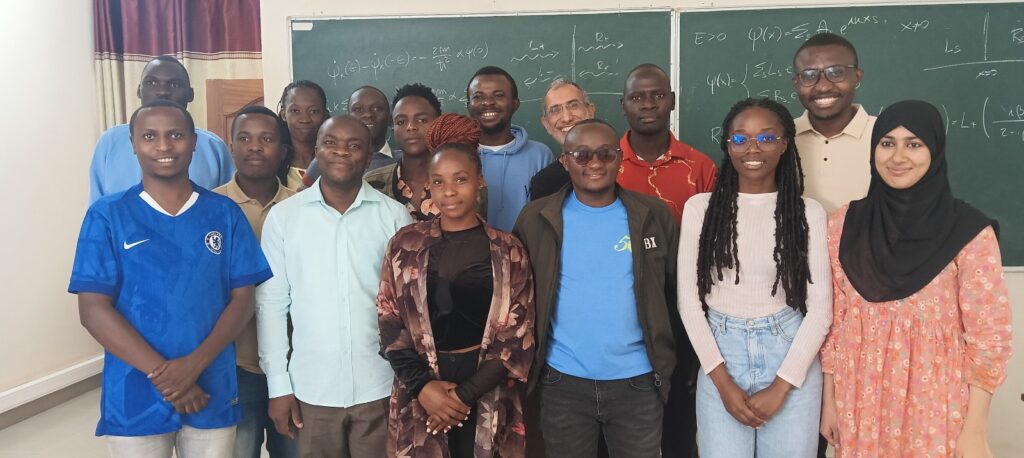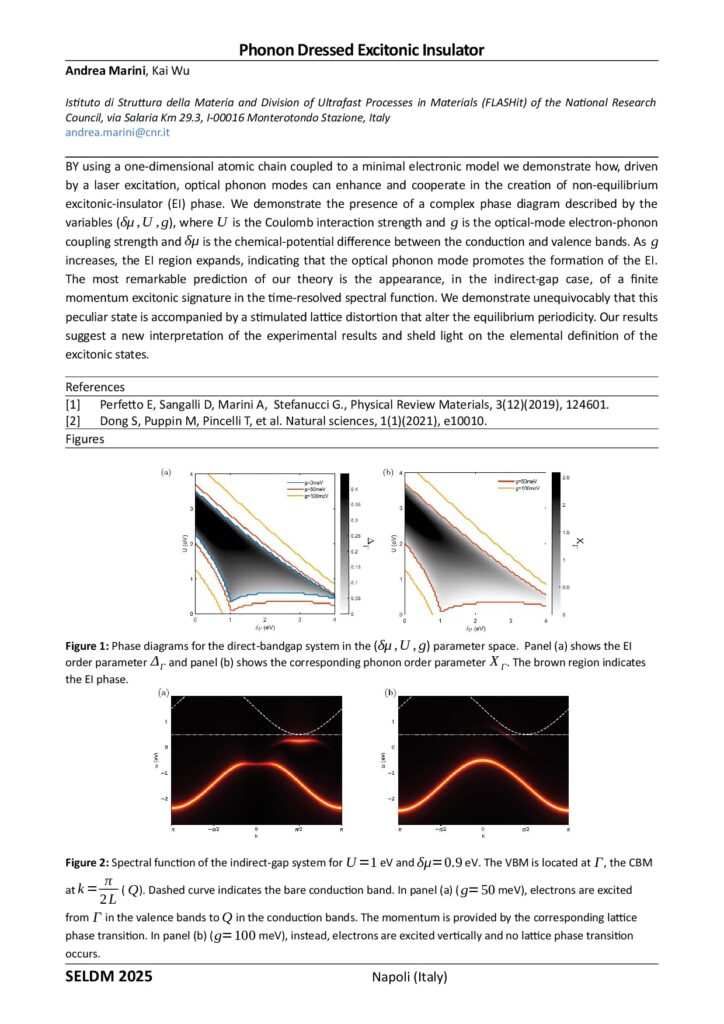Kigali (Rwanda), 2025, 1-19 December
The second cycle of the APhRICA Program has started. The lessons are held at the ICTP-EAIFR of the UR in Kigali.
The students and lectures answering the Call for the 2nd Cohort 2025-2027 and selected from the major Universities of Kenya and other African countries have joined the students of the fist year master course in Condensed Matter Physics of ICTP-EAIFR, attending in the same class to the Quantum Mechanics I course, held by Dr. Andrea Marini. All the students have been required to sign a letter of committment for the attendance and related exams of the two year training program.
Soon they will meet in Kigali their collegues from the 1st ICTP-EAIFR master course in Condensed Matter Physics supported by the APhRICA Program and of the 1st Cohort (2024-2026) attending to the Many Body Perturbation Theory I course held by Dr. Andrea Marini from 7th to 19th December.
The total number of the 2 classes supported by the APhRICA program amounts to 26 students.
Physics Without Frontiers Workshop for APhRICA
Call for the 2nd Cohort 2025-2027









